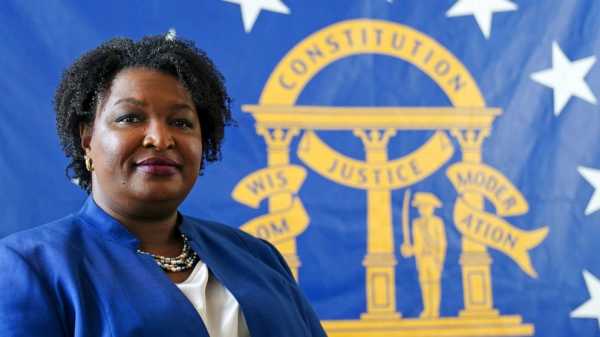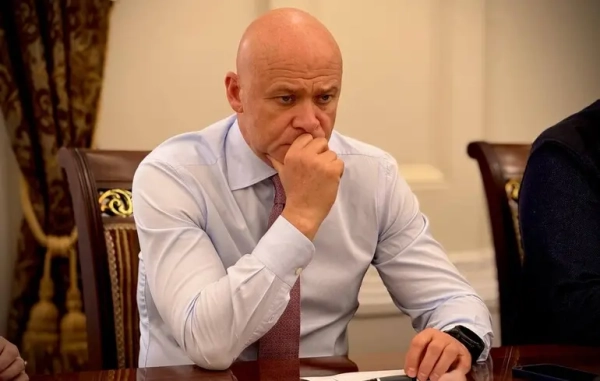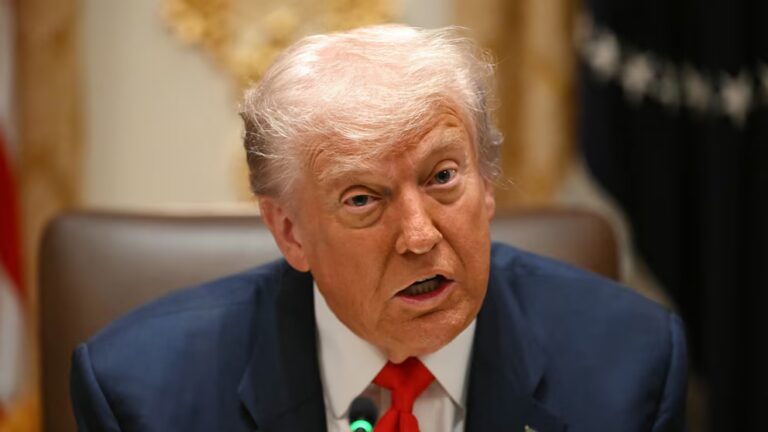Georgia Democrat Stacey Abrams said she has continuing doubts about voting equity in her upcoming rematch with incumbent Republican Gov. Brian Kemp, telling ABC News in a new interview that she would "not question the outcome of the election" but would continue to "question the process."
Abrams, a former state lawmaker-turned-prominent voting rights advocate, repeatedly attacked Kemp in 2018 given that he was her rival and the sitting secretary of state who was overseeing their race. Abrams also challenged what she said were Georgia's excessively strict regulations around voter registration and more, calling them tantamount to suppression. Kemp said he wanted to ensure election integrity.
Abrams waited more than a week to acknowledge Kemp's victory after the 2018 election. Pressed twice by ABC News congressional correspondent Rachel Scott in an interview on Sunday about whether she would concede the 2022 gubernatorial election if she lost, Abrams repeatedly drew a distinction between conceding the outcome — which she said she would do — and criticizing the process, including regulations restricting voter access to polling places and absentee voting.


Power Trip
"Power Trip" follows 7 young reporters as they chase down candidates in the lead up to the midterms with George Stephanopoulos guiding them along the way.
Learn More
"I have always acknowledged the outcome of elections," she said in a clip from the interview, set to air Oct. 9 on Hulu's "Power Trip." "What is deeply concerning to me is the conflation of access to the right to vote and the outcome of elections."
"Voter access is not the same as election outcomes," Abrams continued, "and when those become conflated and we buy into the conflation, when we buy into the false equivalency, we erode access to democracy."
MORE: Black voters could push Stacey Abrams to victory in Georgia. Will they?
Conservatives have tried to draw comparisons between Abrams' handling of the 2018 race and former President Donald Trump's refusal to concede the 2020 presidential election to Joe Biden, who won the popular vote by a margin of more than 7 million. (Abrams lost to Kemp in 2018 by some 54,000 votes.)
When Abrams finally acknowledged on Nov. 16, 2018, that Kemp had won, she pointedly stated that it was "not a concession speech." But as she later stressed, she doesn't deny Kemp's victory — unlike Trump.

Democratic candidate for Georgia governor Stacey Abrams poses for a portrait in front of the State Seal of Georgia on Aug. 8, 2022, in Decatur, Ga.John Bazemore/AP
She echoed that position to ABC News.
"What I said in that speech is that I would not concede [to] a system that would not permit voters to be heard," she said. "I will always acknowledge the victor, but I will never say that there is a system in place that denies access that should be validated."
She added, "For those who do not appreciate nuance, my response is always going to be: Yes, I will acknowledge the victor. I did so in '18. I will do so in 2022. But in 2022, I intend to be the victor myself."
On Friday, shortly before her interview with ABC News, a federal judge knocked down a lawsuit challenging Georgia's election practices, ruling in favor of the state. Fair Fight Action, a group founded by Abrams, filed the suit shortly after the 2018 election and as part of the suit called for an overhaul of Georgia's voting system.
MORE: After Perdue tells Abrams to 'go back where she came from,' she says Republicans just 'deflect'
U.S. District Judge Steve Jones, an Obama-era appointee, wrote in his order that "although Georgia's election system is not perfect, the challenged practices violate neither the constitution nor the [Voting Rights Act of 1965]."
Kemp and other Republicans seized on the ruling and accused Abrams of using her group's challenge to advance her own political interests — a claim Abrams dismissed to ABC News.
"This was not a lawsuit about my election," she said. "This is a lawsuit about voting issues that were exposed by my election but were endemic to the state of Georgia."
If elected governor, Abrams said she would continue to fight to expand voting access and propose changes to the state's voting laws.
Sourse: abcnews.go.com






